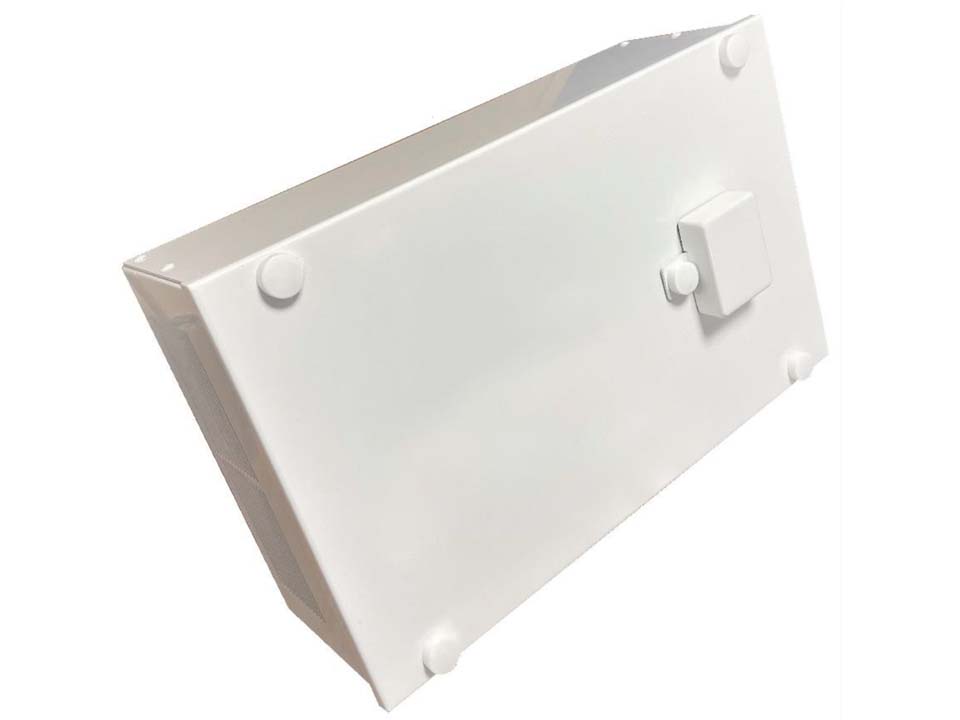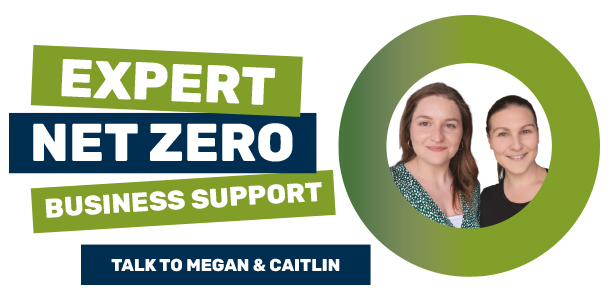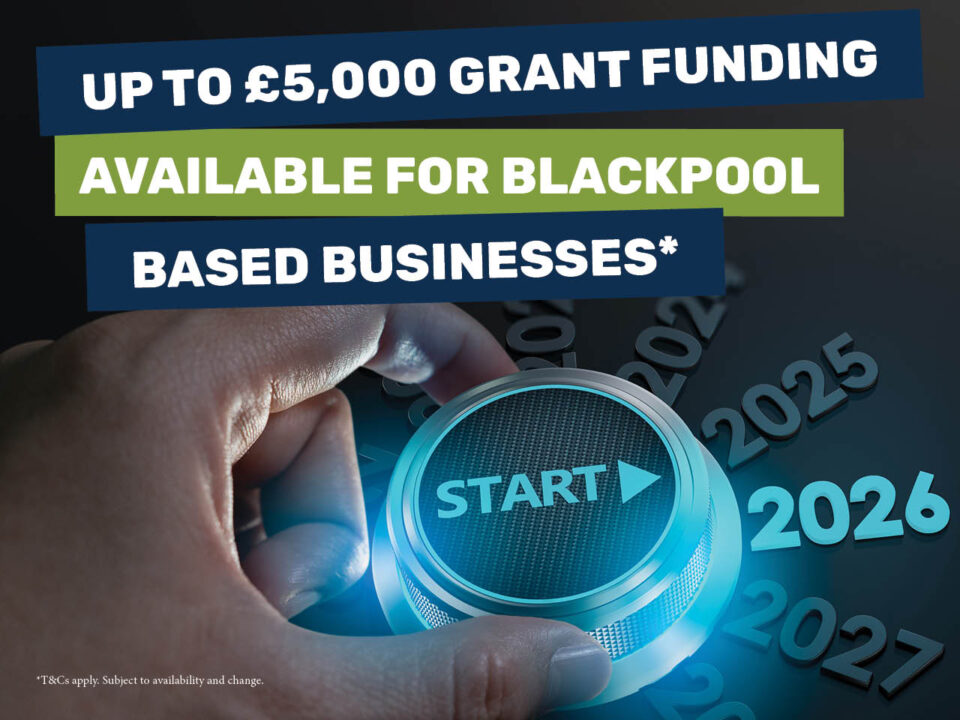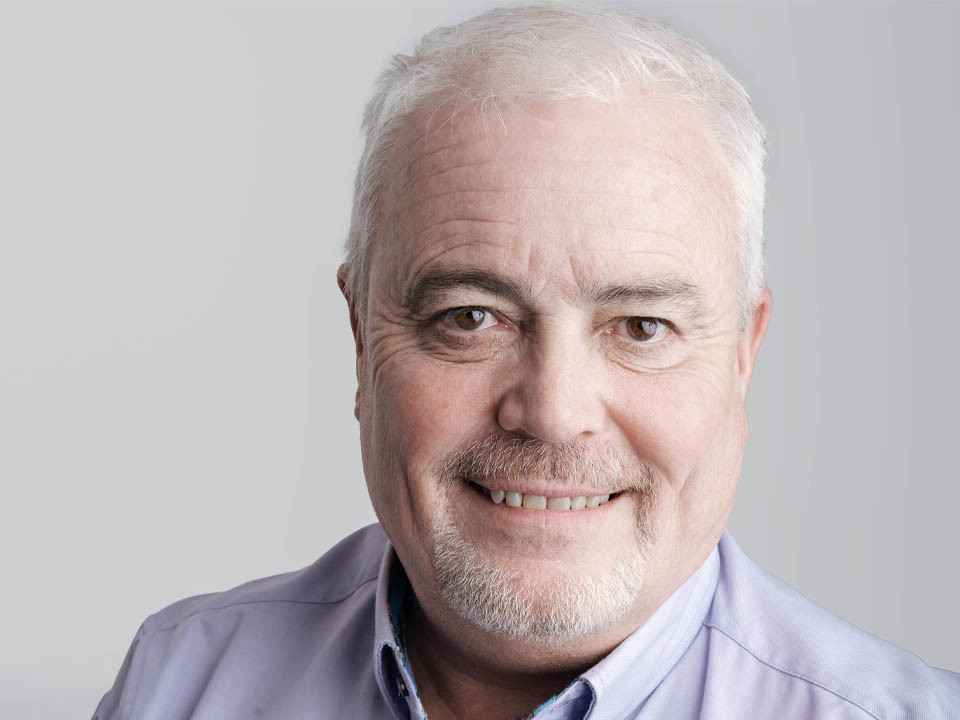
Q&A: What’s the Buzz About Voltage Optimisers and How Are They Helping Blackpool Businesses?

Voltage Optimiser
With the current rise in energy costs there’s a lot of talk about Voltage Optimisers, but what are they, and how are they helping Blackpool businesses reduce their carbon footprint and save on their energy bills? We spoke to Megan Tucker and Caitlin Sanderson, Sustainability Specialists at the Blackpool Net Zero Business Academy, to find out more.
Q: Let’s start with the basics – what is a voltage optimiser and how does it work?
Megan: A voltage optimiser is a system connected between an electricity meter and the distribution board that regulates and manages the flow of electricity. Most appliances and systems operate efficiently between 220 and 250 volts, but fluctuations within this range mean that many appliances are being supplied with more electricity than required, which typically leads to around 10–20% of energy waste. Without optimisation, this excess electricity is often returned to the grid. However, with a voltage optimiser in place, the incoming electricity is regulated and used more efficiently. This means the energy a business pays for is fully utilised, which reduces waste and improves overall energy efficiency.
Q: How does that translate into savings for a business?
Caitlin: The savings can be significant, and the great thing is it doesn’t require you to change how you operate. Once installed, the optimiser does its job behind the scenes. On average, businesses can be looking at saving somewhere around 13% on their energy bills, just from reducing electricity wastage. These units can typically achieve a payback period of less than 7 years, depending on the energy usage of the site.
Q: What types of businesses are seeing benefits from voltage optimisers?
Megan: We’ve seen voltage optimisers make huge differences in larger energy-intensive environments, like manufacturing facilities, factories and production lines where machinery is running all day. When you’ve got high energy demands, the amount of waste can add up quickly, and that’s where a voltage optimiser really proves its value. But that’s not to say it’s only for big companies. We’ve worked with salons, office spaces and even holiday homes where the energy use might be lower, but the savings are still very worthwhile and still contributes to a reduction in your carbon footprint.
Q: So it’s not just about cutting costs – are there other benefits too?
Caitlin: Definitely. Voltage optimisation can also help increase the longevity of machinery. By reducing excess voltage and providing a more stable supply, it eases pressure on your equipment, helping over time to reduce wear and tear. Additionally, voltage optimisation can help reduce noise pollution by stabilising the voltage supply. This prevents equipment from overheating, vibrating excessively, or working harder than necessary, all of which can contribute to unnecessary noise.
Q: What if a business already uses solar panels or has EV chargers? Will a voltage optimiser still help?
Megan: Absolutely, and in fact, it can complement those systems really well. If you’ve already invested in renewable technology, a voltage optimiser ensures that all the electricity coming into your site, whether it’s from the grid or your own solar panels, is used as efficiently as possible. It’s a great way to help further reduce energy bills.
Q: Are you tracking the impact of these optimisers locally?
Caitlin: Yes, we’re currently working with a number of Blackpool based businesses to monitor their energy usage before and after installing a voltage optimiser. Over the coming months, we’ll be gathering data to show exactly how much difference it’s making. It’s exciting to be able to prove the results and help businesses make informed decisions based on real numbers.
Q: How popular has this solution been with the Academy’s grant scheme?
Megan: Out of the 20 grants we’ve awarded so far, 20% of businesses have chosen to put their funding towards a voltage optimiser. These businesses are already seeing the rewards, including lower comparative bills, reduced carbon emissions, and more control over their energy use.
Q: What would you say to a business owner considering voltage optimisation?
Caitlin:
We’d say, ask us how voltage optimisation could benefit your business, it’s always worth a conversation. We’ve already helped lots of local businesses understand what voltage optimisation can bring, and we’re proud to be supporting Blackpool businesses to become more energy efficient and more sustainable. It’s not just about ticking a green box, it’s about building resilience, reducing costs, and making real progress towards a low-carbon future. We're here to help businesses see what's possible.











